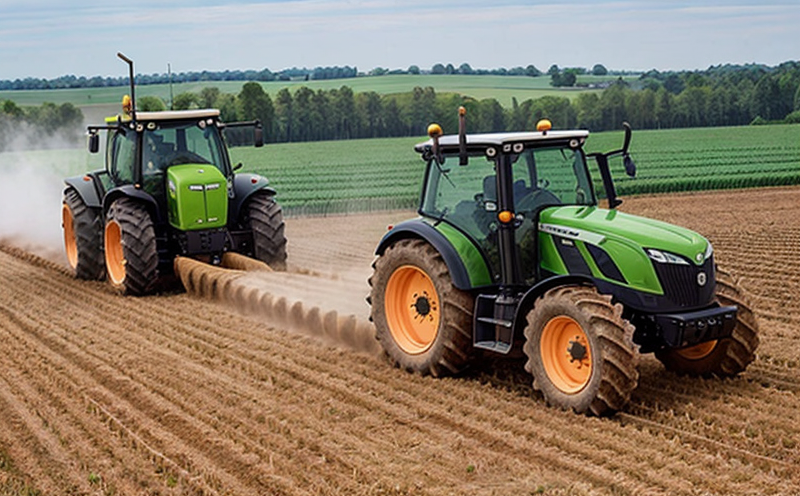Innovation in Agricultural Equipment Certification: A Key Driver for Sustainable Agriculture
The agricultural industry has been witnessing significant advancements in technology over the years, driven by innovations in equipment design, materials, and manufacturing processes. As the demand for sustainable agriculture grows, the need for innovative certification processes that cater to emerging technologies has become increasingly important. This article explores the concept of innovation in agricultural equipment certification, highlighting its significance and providing insights into best practices.
Background on Agricultural Equipment Certification
Agricultural equipment manufacturers have long recognized the importance of obtaining certifications from regulatory bodies such as the US Environmental Protection Agency (EPA) and the European Unions (EU) Committee for Adaptation to Technical Progress (CPT). These certifications ensure that agricultural equipment meets specific safety, performance, and environmental standards. However, with the advent of new technologies like precision agriculture, autonomous farming, and renewable energy systems, traditional certification processes are being challenged.
The Need for Innovation in Agricultural Equipment Certification
Innovation is essential for staying ahead of changing regulatory requirements, technological advancements, and shifting market demands. Here are some key drivers that necessitate innovation in agricultural equipment certification:
Increasing complexity: Emerging technologies have led to increasingly complex equipment designs, requiring more nuanced certification processes.
Changing regulatory landscapes: Evolving environmental regulations, safety standards, and labeling requirements create a pressing need for flexible and adaptable certification frameworks.
Growing market demands: Farmers and consumers seek products that meet specific performance, efficiency, and sustainability criteria, driving manufacturers to innovate and improve their equipment.
Globalization: The expanding global market necessitates a universal approach to certification, acknowledging regional differences while ensuring consistency across borders.
Key Areas of Innovation in Agricultural Equipment Certification
Several key areas are driving innovation in agricultural equipment certification. Here are some of the most significant developments:
Digital Certifications: Electronic certificates and digital proof of compliance are becoming increasingly popular, offering convenience and increased efficiency for manufacturers.
Cybersecurity Requirements: As connected agriculture devices become more prevalent, cybersecurity concerns have led to new certification standards focusing on data protection and system vulnerabilities.
Sustainability and Environmental Impact: Manufacturers are under pressure to reduce their equipments environmental footprint, driving innovation in eco-friendly materials and production processes.
Best Practices for Innovation in Agricultural Equipment Certification
To successfully innovate in agricultural equipment certification, manufacturers should:
1. Engage with regulatory bodies to understand evolving requirements.
2. Stay informed about technological advancements and market trends.
3. Foster collaboration among industry stakeholders to share best practices and lessons learned.
4. Invest in ongoing research and development to improve product performance and environmental sustainability.
QA Section
Here are some frequently asked questions about innovation in agricultural equipment certification, providing additional details on the topics discussed above:
1.
What is the significance of digital certifications?
Digital certificates simplify the certification process, allowing manufacturers to easily track compliance and avoid delays.
2. How do cybersecurity requirements impact agricultural equipment certification?
Cybersecurity requirements ensure that connected devices protect sensitive data from unauthorized access or malicious activities.
3. What role does sustainability play in agricultural equipment certification?
Manufacturers must demonstrate their commitment to environmental stewardship by meeting new standards for energy efficiency, waste reduction, and eco-friendly materials.
4. How can manufacturers stay informed about emerging technologies and market trends?
Regular industry events, workshops, and online forums provide opportunities for knowledge sharing and networking with other stakeholders.
The drive for innovation in agricultural equipment certification is essential for the growth of sustainable agriculture practices worldwide.

































